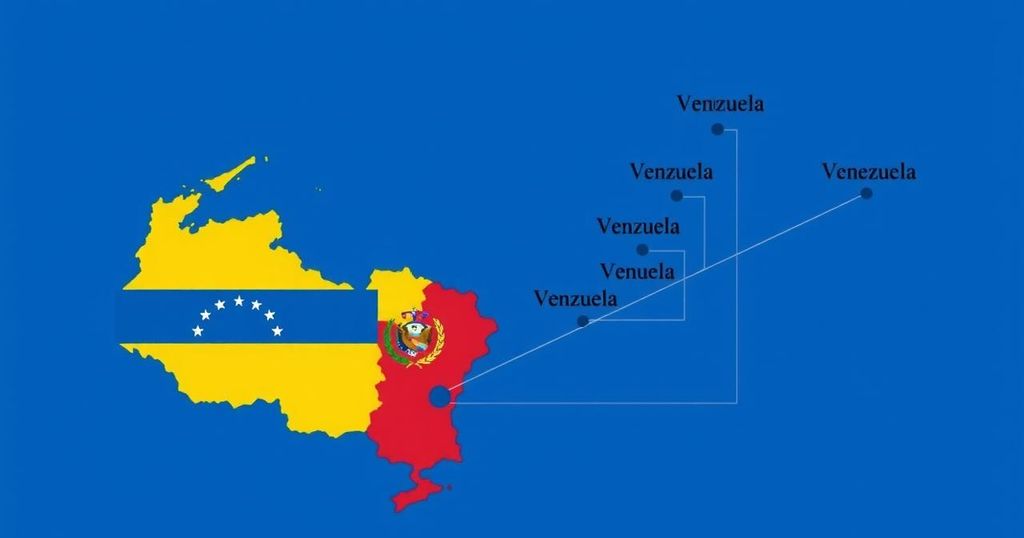UN Calls for Preservation of Election Vote Tallies Amid Venezuelan Dispute

The UN Human Rights Committee has instructed Venezuela to protect election vote tallies amid allegations of electoral fraud. The government declared Maduro the winner without evidence, while the opposition asserts their candidate González won decisively. The Council’s inaction fuels the debate, leading to international recognition of González as president-elect, challenging Maduro’s legitimacy.
The United Nations’ Human Rights Committee has issued an order to the Venezuelan government, instructing it to refrain from destroying the voting tallies from the presidential election that took place in July. The outcome of this election has sparked significant contention, with the government-aligned National Electoral Council declaring President Nicolás Maduro as the victor without providing the necessary voting tallies to substantiate its claim. Meanwhile, the opposition, supported by election witnesses, asserts that the data they gathered indicates their candidate, Edmundo González, won decisively.
The Human Rights Committee, composed of 18 independent experts, is currently investigating claims of electoral fraud prompted by a complaint lodged by a Venezuelan voter through a law firm. The committee’s directive to preserve the voting data is part of this wider investigation. Despite immense pressure on the National Electoral Council to disclose the voting tallies, the body, perceived to be heavily influenced by the government, has yet to do so, citing a computer hack on election night as the reason for the delay.
Contrastingly, the opposition promptly made available the voting tallies they compiled on a dedicated website. Credible observers and major media outlets, including the New York Times and CNN, indicate that these tallies support claims of González’s overwhelming victory, showing him at 67% of the votes compared to Maduro’s 30%. President Maduro, however, has dismissed these tallies as fraudulent and continues to assert his presidency, with plans to inaugurate himself for a third term on January 10. This situation has led to a growing international consensus, with various nations including the United States, recognizing González as the legitimate president-elect of Venezuela.
The international law firm IHR Legal, which filed the complaint with the UN Human Rights Committee, characterized the case as “pioneering” and potentially transformative, suggesting it could result in the committee affirming that Nicolás Maduro is not the rightful president-elect of Venezuela.
The situation in Venezuela centers around the legitimacy of the presidential elections, particularly the process by which votes were counted and reported. Following the elections in July, questions arose concerning the transparency and accuracy of the election results. The National Electoral Council, reportedly aligned with the government’s interests, declared Maduro victorious without adequate evidence. In contrast, the opposition has collected independent tallies that dispute this claim. The UN’s involvement reflects the broader concerns regarding human rights and electoral integrity in Venezuela, as international bodies scrutinize the actions of the government amid allegations of electoral fraud.
The UN Human Rights Committee’s order for Venezuela to preserve its election vote tallies underscores the ongoing dispute regarding the legitimacy of the July presidential elections. With the opposition maintaining that their candidate, Edmundo González, was the true victor based on independent tallies, the situation remains tense. The refusal of the National Electoral Council to release official data, combined with regional and international support for González, heightens the scrutiny on Nicolás Maduro’s presidency as he prepares for another term. Ultimately, this case could significantly impact the political landscape in Venezuela and the recognition of its government by the international community.
Original Source: www.bbc.com








